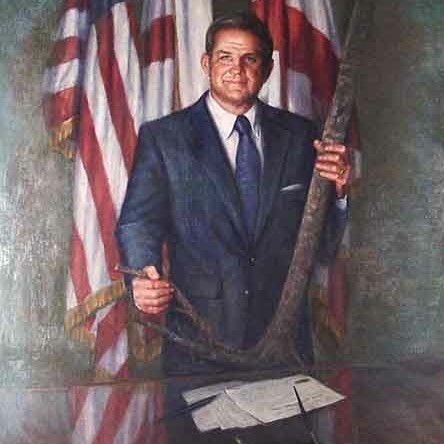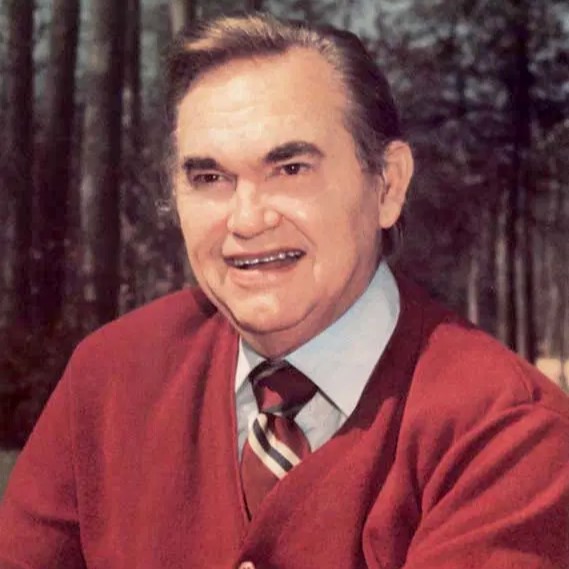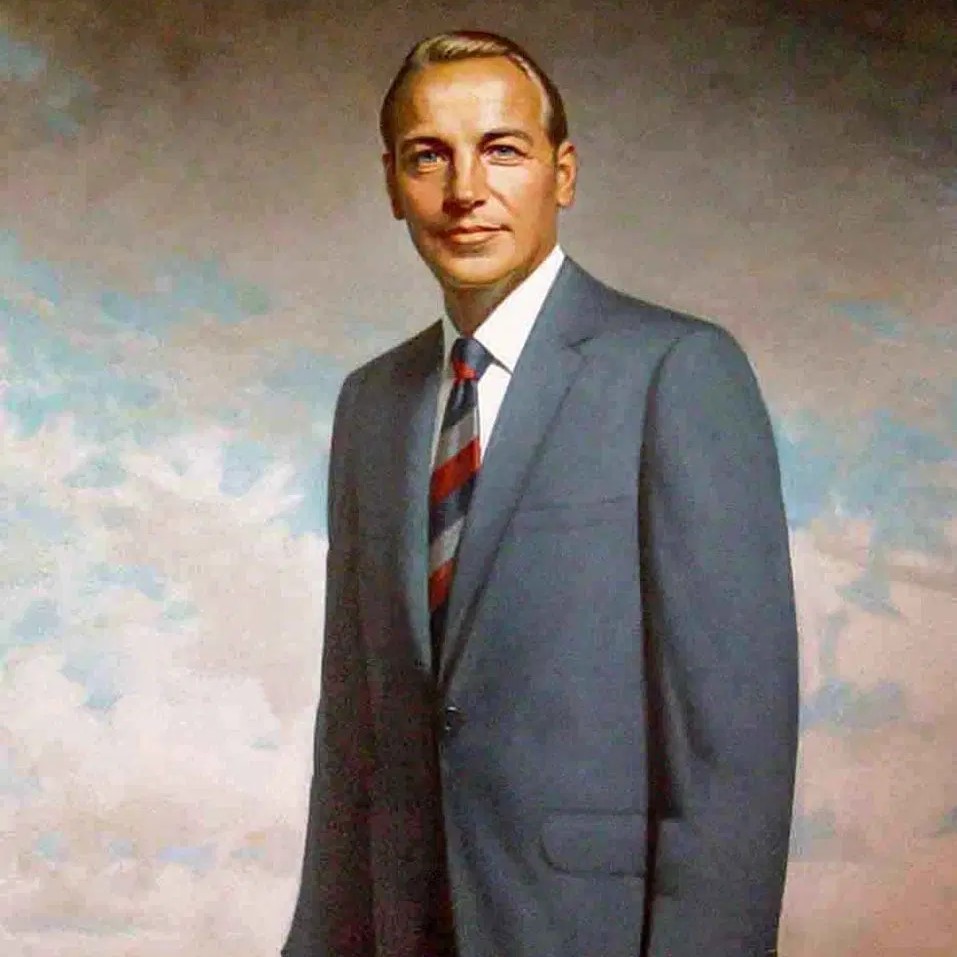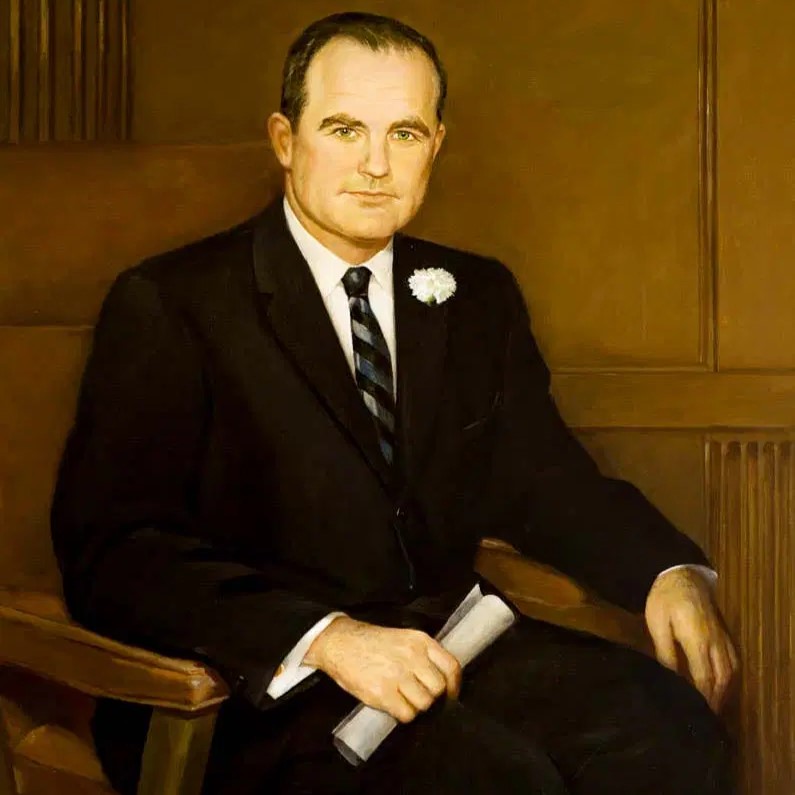Alabama
Gov. Clement Comer Clay
- November 21, 1835 - July 16, 1837
- Democratic
- December 17, 1789
- September 6, 1866
- Virginia
- Blount College
- Married Susanna Claiborne Withers; three children
- Representative, Senator
About
CLEMENT COMER CLAY, Alabama’s eighth governor, was born in Halifax County, Virginia, and as a child moved to a farm near Knoxville, Tennessee. He attended public schools and graduated from Blount College in 1807. He was admitted to the bar in 1809 and then moved to Huntsville, Alabama, where he started a law practice in 1811. He fought as a private in the Creek Indian War of 1813, and was promoted to adjutant. He entered politics as a member of the Territorial Council of Alabama (1817-1818), and was a member of the Alabama Constitutional Convention (1819). He was elected a judge of the Circuit Court in 1819 and was Chief Justice of the Alabama Supreme Court (1820-1823). In 1823, Clay fought a duel and temporarily resigned from public service. Clay returned to politics in 1827, where he served in the Alabama House of Representatives from 1827 to 1828. He also served as a member of the U.S. House of Representatives from 1829 to 1835. Clay was elected Governor of Alabama on August 3, 1835, and was sworn into office on November 21, 1835. The Creek Indian War of 1836 dominated Clay’s term. Numerous disturbances resulted in the summer of 1836 when the U.S. Army started rounding up the Indians. As commander-in-chief of the Alabama Militia, Clay took personal command and ordered troops into the field. Also while he was in office, the Treaty of New Echota was signed, the Alabama State Bank was charged with all governmental expenses, and the legislature abolished direct taxation. Financial issues were a great concern during his term. In 1837, an economic crisis caused a panic and a run on the state bank, and Clay confronted the situation by suspending cash payments. He called a special session of the legislature to deal with the state’s financial problems. Clay resigned from the governor’s seat on July 17, 1837, when he was elected to the U.S. Senate. He served in the senate until 1841, and then was appointed to compile a digest of the laws of Alabama in 1842 and 1843. Clay served as an associate judge of the Alabama Supreme Court in 1843, and in 1846 he served on a committee to settle affairs of the state bank. He retired from politics and practiced law with his two sons, but during the Civil War, Clay was arrested and his property was seized. Clay died on September 6, 1866, and is buried at Maple Hill Cemetery in Huntsville, Alabama.
Source
Alabama Department of Archives and History
Biographical Directory of the U.S. Congress
Sobel, Robert, and John Raimo, eds. Biographical Directory of the Governors of the United States 1789-1978, Vol. 1, Westport, Conn.; Meckler Books, 1978. 4 volumes











